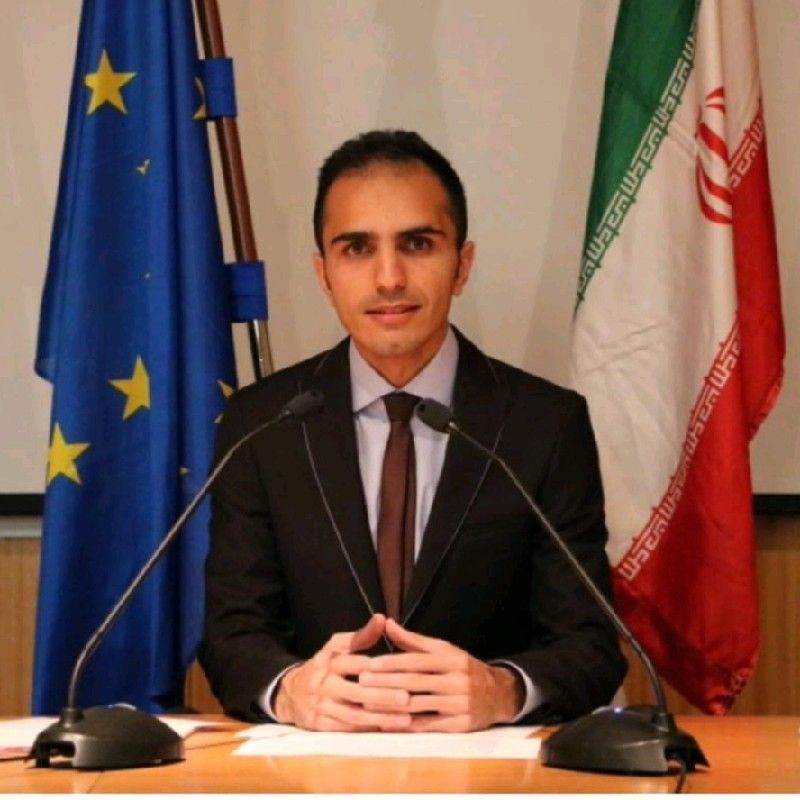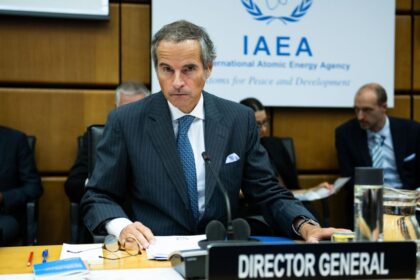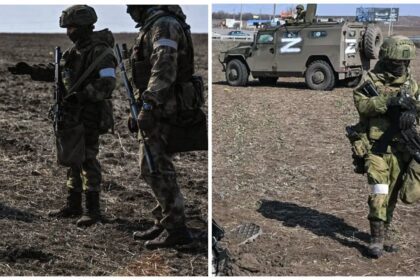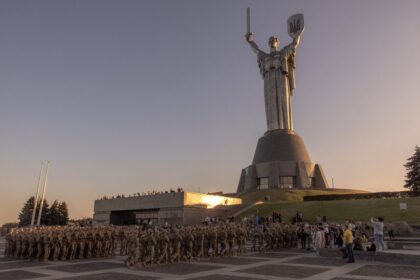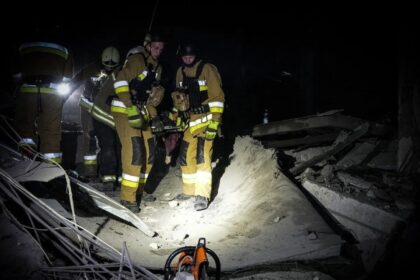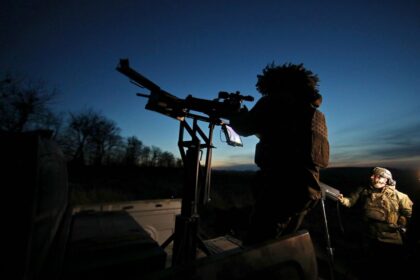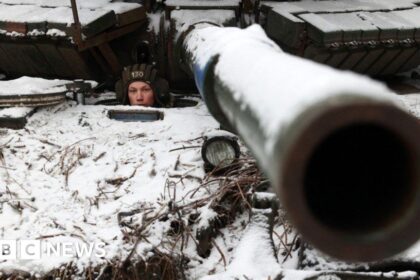**Iran’s Nuclear Negotiations: A Lesson from Ukraine**
The United States and Iran are engaging in renewed nuclear talks, with the shadow of Ukraine looming large over Tehran’s strategic considerations. The recent indirect talks in Muscat, Oman, facilitated by Omani intermediaries, mark a significant diplomatic step. However, Iran’s approach to these talks is deeply shaped by the lessons it draws from Ukraine’s experience with the West.
**A Cautionary Tale**
In 1994, Ukraine gave up its nuclear arsenal under the Budapest Memorandum, receiving assurances from the U.S., United Kingdom, and Russia to respect its sovereignty. However, the annexation of Crimea in 2014 and Russia’s full-scale invasion in 2022 have prompted Iranian strategists to question the reliability of such security guarantees. This context fuels Tehran’s skepticism toward Western promises and reinforces its insistence on maintaining a strong defense posture.
**A Strong Defense Posture**
Iranian officials maintain that their nuclear program is intended for peaceful purposes, aiming to reassure the international community and gain relief from crippling sanctions. However, they draw a firm line when it comes to their ballistic missile capabilities and other defense assets, viewing them as vital deterrents against potential aggression. Ukraine’s fate serves as a stark reminder of the vulnerabilities of disarmament without enforceable security guarantees.
**The JCPOA: A Landmark Deal**
The Joint Comprehensive Plan of Action (JCPOA), signed in 2015 between Iran and the P5+1 nations, was a landmark deal to curb Iran’s nuclear activities in exchange for sanctions relief. However, the U.S. unilaterally withdrew from the JCPOA in 2018, reimposing severe economic sanctions on Iran. This move not only strained relations but also prompted Tehran to gradually reduce compliance with the deal.
**The Muscat Channel**
The choice of Muscat as the venue for the current indirect talks is strategic as well as logistical. By using intermediaries, Iran aims to ensure any agreement gains broader international support and oversight. This reflects a desire to avoid the pitfalls Ukraine faced, where bilateral guarantees failed to prevent external aggression. Tehran believes that neutral third parties can add a layer of accountability and increase the chances of commitments being honored.
**Reciprocal Insights**
While Iran draws cautionary lessons from Ukraine, there are reciprocal insights for Kyiv. Ukraine’s at times inconsistent reliance on Western support highlights the importance of self-reliance and diversified alliances. Iran’s firm commitment to maintaining its defense capabilities underscores the strategic value of autonomy.
**A Multipolar Foreign Policy**
Iran’s engagement with non-Western powers such as Russia and China also reflects a multipolar foreign policy approach. Ukraine, traditionally aligned with the West, might consider broadening its diplomatic and economic ties to include countries in the Global South – such as India – to bolster resilience against external shocks.
**A Delicate Balance**
As the next round of talks nears, both Washington and Tehran face significant hurdles. The U.S. aims to prevent Iran from developing nuclear weapons, while Iran demands sanctions relief and recognition of its right to peaceful nuclear energy. The Muscat channel has reopened diplomatic dialogue, but substantial gaps remain.
**A Lesson for All**
The experiences of both Iran and Ukraine underscore the delicate balance between diplomacy, deterrence, and national interest. As history has shown, the stakes are high – and the consequences of miscalculation can be profound.




